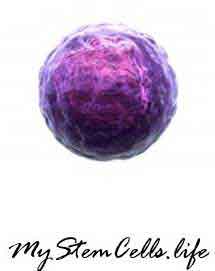What are Stem Cells?
Stem cells are the foundation cells for every organ, tissue and cell in the body. The highly specialized cells that make up these tissues originally came from an initial pool of stem cells formed shortly after fertilization. Stem cells are undifferentiated or “blank” cells that have not yet fully specialized. Stem cells are one part of the tissue repair mechanism found in all mammalian tissue types. When a stem cell divides, each new cell has the potential to either remain a stem cell or differentiate into a specific cell type with a specialized function, such as a bone, cartilage or muscle cell, a red blood cell, or a neuron, based upon the microenvironments. These characteristics distinguish stem cells from other cell types. They also have the capacity to secrete various compounds that can stimulate other cells to regenerate and repair.




